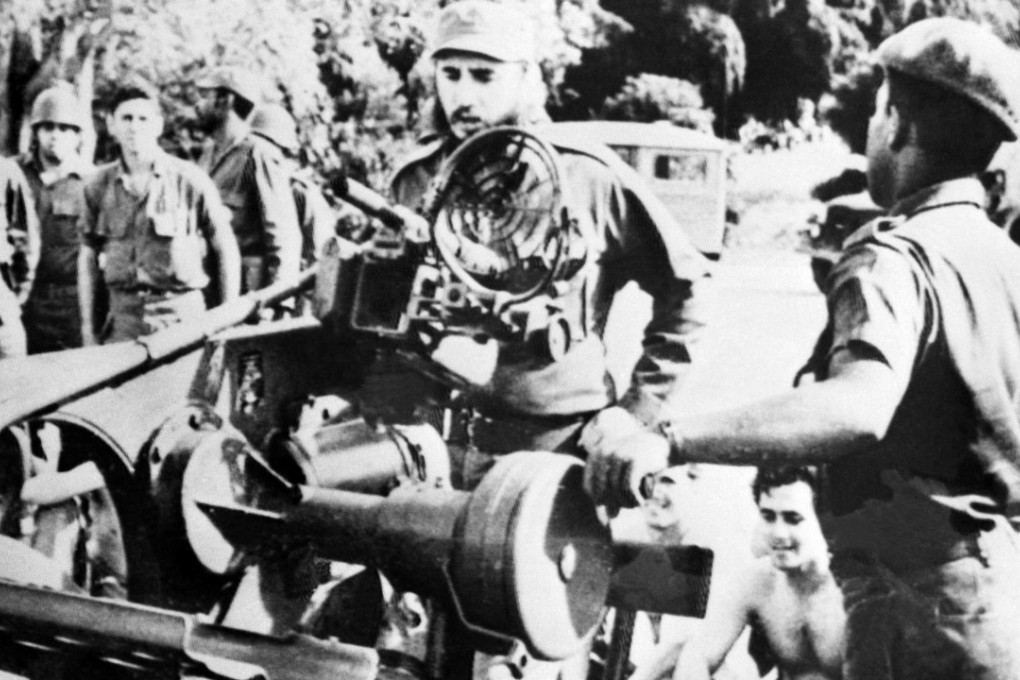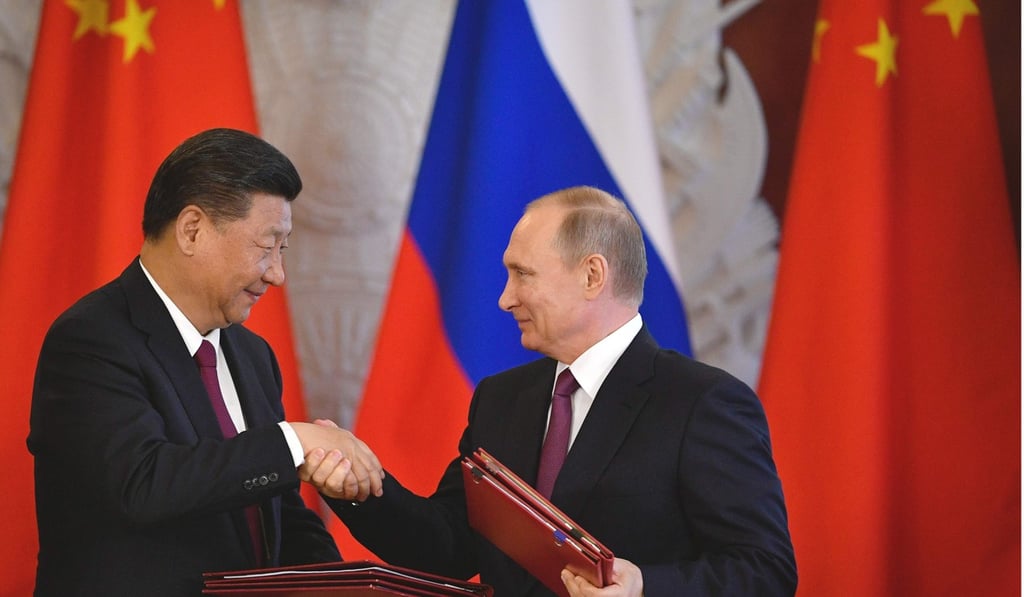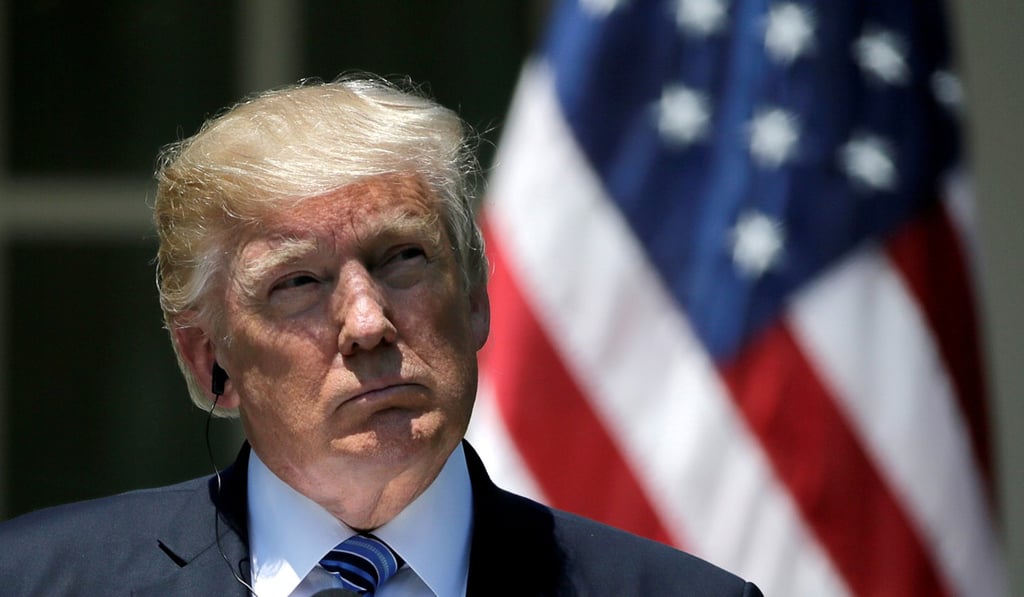Diplomacy can defuse the Korean crisis – just as it did the Cuban missile crisis during the cold war
Wenyuan Wu says lessons from the 1962 confrontation should teach leaders trying to wind down escalating tensions over North Korea’s latest missile test that a willingness to engage in open dialogue and make meaningful concessions is vital

Tuesday’s reshuffling of the power bandwagon demonstrated the fluidity and unpredictability of international alliances. After all, realists can argue that alliances are merely temporary marriages of convenience.
China and Russia forge united front in heat of Trump pressure

Key dates in North Korea’s missile development
But what is the way forward? Perhaps, we can draw some practical lessons from crisis management during the cold war, and the 1962 Cuban missile crisis is a prime example.
On the world stage, a swift negotiator is more valuable than a national hero
In a nutshell, the 1962 crisis represented the closest point the world had come to nuclear warfare after the second world war. In October 1962, then Soviet leader Nikita Khrushchev entered an agreement with Cuba’s Fidel Castro to place nuclear missiles on the Caribbean island as a deterrence against America’s ballistic missile deployment in Italy and Turkey earlier that year. After 13 days of tense negotiations between the two superpowers, the crisis dissipated with compromises from both parties. The Soviets agreed to dismantle all offensive weapons in Cuba while the Americans vowed to never invade the island again and secretly disassembled their missiles in Italy and Turkey.
Preceding both events was a series of shows of weaknesses and miscalculations by the US. The failure of the Bay of Pigs invasion in 1961 paved the way for Castro to request Soviet military aid and emboldened the Russians. In early 2017, America’s patchy journey to deploy a Terminal High Altitude Area Defence (THAAD) anti-missile system in South Korea has been hampered by consistent opposition from China and South Korea’s indecisiveness amid factional infighting.
Could the US defend itself against Kim Jong-un’s missiles? Not everyone agrees
